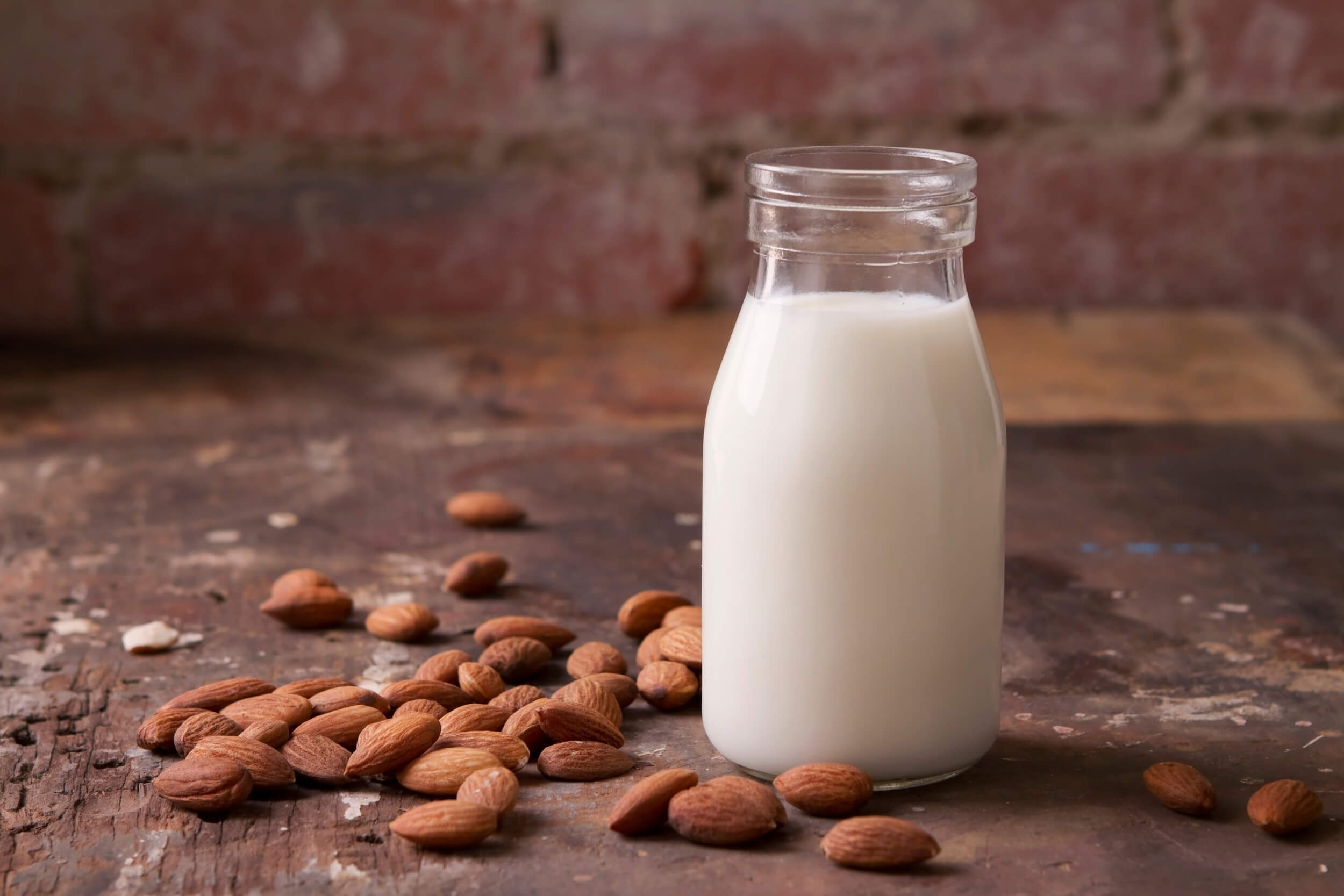Nobody wants to feel like life is slowing down just because they’re getting older. But aging doesn’t mean breaking down — it means shifting into a new phase where your habits matter more than ever.
Some people think healthy aging is only about staying wrinkle-free or counting vitamins. It’s not. It’s how you treat your body, what you think about yourself, and how you live day to day that shapes how well you age.
One person might feel tired and heavy at 50, while another feels strong and focused at 70. The difference isn’t luck — it’s often the small things they’ve done along the way.
You don’t have to do anything extreme. You just need to know that it’s not too late to start. Healthy aging starts now, not someday. What you do from here makes all the difference — for your energy, your mood, and your future.
How Your Mindset Shapes Your Aging Journey
How you think about getting older can shape how you feel every day. Studies show that people with a positive outlook on aging live longer and deal with less stress. Your thoughts don’t just affect your mood — they affect your health, too.
Some folks slow down the moment they hit 60. Others pick up new hobbies, start businesses, or run marathons in their 70s. The difference? It’s usually not about the body — it’s about the mindset.
Healthy aging isn’t about chasing youth. It’s about making peace with who you are and choosing to see this season of life as full of new possibilities.
Let Go of What Aging “Should” Look Like
There’s no rule that says older adults can’t be strong, joyful, or active. Outdated ideas say you should “slow down” or “settle” after a certain age — but that’s optional, not required.
Healthy aging looks different for everyone. Some people travel. Some grow gardens. Others dance, write, or take classes. What matters most is that you stay true to your pace — not society’s.
The Role of Purpose and Meaning
Feeling useful doesn’t end when your job does. Having a reason to get out of bed each morning brings energy, structure, and joy. It keeps the brain sharp and the heart full.
Some ways to stay mentally and emotionally active:
- Volunteer for causes you care about
- Mentor younger people
- Work part-time in something you enjoy
- Set small goals — like learning a new skill or finishing a creative project
Healthy aging isn’t just about what you do with your body — it’s also about how you feed your spirit.
Little Acts That Add Up
Big missions are great, but small, steady habits help more than you think. Tiny daily routines can keep you grounded and give your day meaning.
Try:
- Writing down 3 things you’re grateful for
- Calling a friend once a week
- Spending 10 minutes reading something inspiring
- Creating something — even a simple meal, drawing, or poem
These things might seem small, but over time, they shape how you feel about yourself and your days.
Movement That Matches Your Life
Exercise isn’t just for gym people or athletes. Movement helps with balance, strength, sleep, and mood. It’s one of the top habits linked to healthy aging.
Here’s what counts:
- Walking the dog
- Stretching while watching TV
- Water aerobics or gentle swimming
- Gardening or yard work
- Dancing around the house to your favorite song
The point isn’t to break a sweat — it’s to keep your body moving so it keeps working well for you.
The Trick Is to Keep It Joyful
For movement to stick, it has to feel good. If you hate the treadmill, skip it. If you love dancing, do more of that.
To stay consistent:
- Find a buddy to walk with
- Try free YouTube classes for your age group
- Mix things up — variety keeps it fresh
- Set small goals you can check off weekly
Moving in ways that feel fun is key to making it a lifelong habit — and a big part of healthy aging.
Food That Supports Aging Bodies
You don’t need a fancy meal plan. Just a few smart shifts can help your body feel better and stay strong.
As you age, your body:
- Needs more protein to keep muscle
- Might digest things more slowly
- Can benefit from foods that fight inflammation
Think simple:
- More fruits and veggies
- Water over sugary drinks
- Lean proteins like eggs, fish, beans
- Less fried or processed stuff
These choices support energy, brain health, and digestion — all key for healthy aging.
Make It Simple, Make It Sustainable
You don’t have to overhaul your diet overnight. Start with:
- Swapping white bread for whole grain
- Cooking a few meals at home each week
- Keeping cut-up veggies in the fridge
- Choosing snacks like yogurt, nuts, or fruit
Forget food guilt. The goal is to feel better, not to eat perfectly. Small, steady changes are easier to stick with — and they matter most.
Your Social Life Is Your Lifeline
Studies have shown that being lonely can harm your health more than smoking or lack of exercise. Real conversations and shared laughs do more than lift your mood — they help you live longer.
Ways to stay connected:
- Join a local group or hobby club
- Set a weekly coffee or lunch with a friend
- Say yes to social invitations (even if you’re shy)
- Stay in touch with family regularly — even just a call or text
Being seen and heard matters. Healthy aging means making space for connection.
Friendship Isn’t Just for the Young
It’s never too late to make new friends. People often lose touch as life changes, but you can rebuild your social circle anytime.
Try this:
- Chat with neighbors
- Volunteer with others
- Attend a class or workshop
- Reconnect with someone you’ve drifted from
Old or new, deep friendships help keep your mind sharp and your heart happy.
Stress Doesn’t Retire — But You Can Learn to Manage It
Stress isn’t just in your head — it shows up in your body. It can cause:
- Trouble sleeping
- Memory slips
- Slower healing
- High blood pressure
Long-term stress wears down your immune system, makes healthy aging harder, and adds to fatigue.
Calming Practices That Actually Work
You can’t remove every stressor, but you can change how you respond. Calming routines help you stay balanced, even when life feels heavy.
Easy ways to slow down:
- Breathe deeply for one full minute
- Sit quietly with a cup of tea
- Go outside for 10 minutes of fresh air
- Say a prayer, write a thought, or listen to soft music
- Stretch before bed to relax your body
Healthy aging includes caring for your nervous system — not just your muscles and bones.
Final Thoughts: Aging Well Isn’t About Doing More — It’s About Doing What Matters
You don’t need to fight aging. You don’t need to run faster, eat perfectly, or stay busy every hour. Healthy aging isn’t about doing more — it’s about choosing what really matters.
Some people waste time chasing youth. But the real win is staying curious, keeping close with people you care about, and being kind to yourself as life changes.
You can take care of your body without punishing it. Learning doesn’t have to come with pressure. Slowing down doesn’t mean you’re giving up.
Healthy aging doesn’t start at 30 or 60 — it starts now. It begins the moment you decide to treat yourself with care, to move with purpose, and to live from the inside out.
You’re not running out of time. You’re just moving into a new kind of strength. One that’s built on choices, not pressure. One that gives back instead of wears you down.















